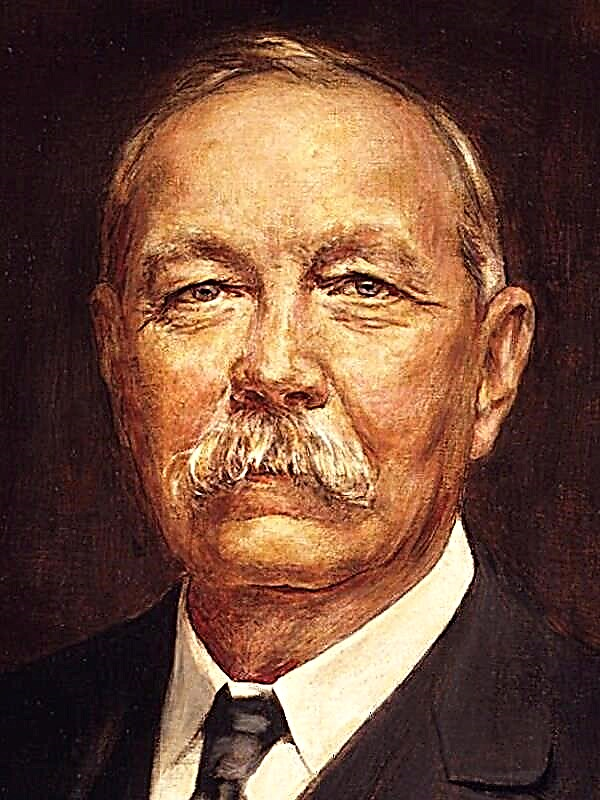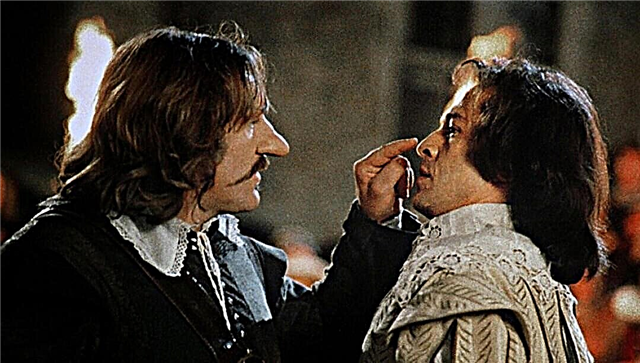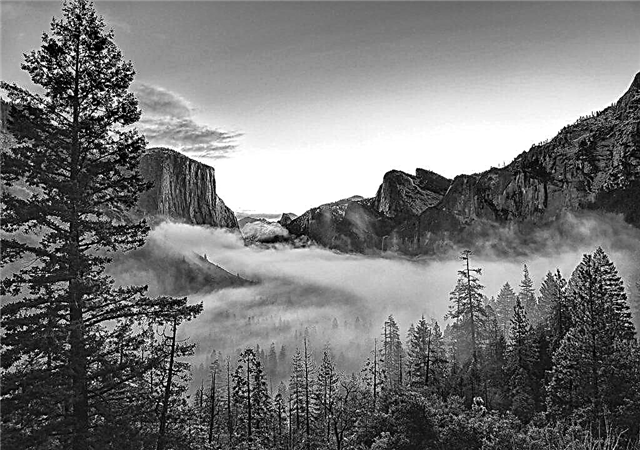In that year, when Grand Prince Ivan III ordered the construction of the Moscow Kremlin, the specific prince Nikita, who owned the city of Podzol in the upper Volga, decided to build his Kremlin better than the tsar’s. And in the last century, opposite the Kremlin, on the other side of the fire, the buildings of the Great Volga Manufactories and dusty houses of the village appeared.
Guri Lopta, graduated in the early 1920s. The Theological Academy, returned home to take the ancient post of bishops of the Kremlin. "What are you alive for?" He asks his father Ivan Petrovich. The Kremlin - by tradition. Manufactories - newspapers. In the house of Lopt, the daughter of the last owners of the production Agafya, beautiful as a rye, a favorite of the church community, is brought up. Her brother, Athanas Tsarevich, is blessed and lives at the cathedral. Guri believes that they have tolerated enough, it is time to repulse the host of Baptists who have captivated the souls of the townsfolk, and offers to raise funds for the repair of the temple, to take up the printing of the Bible. The appearance of the first-printed book in the Kremlin during the time of the persecution of invincible Orthodoxy will give not only spiritual, but also material benefits necessary to counter the influence of the Manufactory.
Another supper, red-haired, sickly Vavilov, who has lost his wife, child, job, comes to get a third shift at a spinning mill. A damp roar stung his ears. The only place where workers could rest and smoke was the restrooms. Any question brought to the workshop meetings needed to be worked out in the latrines. So, Zinaida was instructed to agitate for the re-election of the Soviets and the nomination of Vavilov as the head of the cultural and educational work of the Manufactories. Vavilov had two years of labor school behind him, but from childhood he remembered the stories of teachers of the Educational House about the Kremlin, so he took the first excursion there. The workers did not like the Kremlin. An invisible struggle begins between Vavilov and Agafya: Agafya alone wants to enlighten Manufactories. Laughing at the redhead and the “four thinkers”, familiar from the craft school, are wild people with whom Vavilov shares a closet in the old barracks. It seems to him that service in the club is no more than a manifestation of pity for him by workers. He decides to hang himself and leave a farewell letter. The pencil turned out to be broken, and while Vavilov sharpened it, he looked at the ant heap, the fog over Uzhga, Manufactory, and, like a wonderful flower, the Kremlin seemed to him. The Kremlin is having fun while the Manufactories are sleeping! .. Throwing a rope on a bitch, he runs to swim.
Many workers are registered in the “Religious Orthodox Society”, some of curiosity and craving for Agafya, others, as raftsmen, artisans, in the desire to unite the laity. Vavilov comes forward with a proposal to select the Assumption Church and transfer it to a club. Suddenly, he is supported at the factory, and only Zinaida, already elected deputy chairman of the commune, opposes the attack on the Kremlin. It is absorbed by the worries about the instillation of needy weavers into the renovated barracks built before the revolution. She despises the demonstrative venture to inspire everyone on the same day: “We will face wild pain, the Kremlin’s wild resistance ...” The young Uzbek Mustafa, who was raised to the forks, dies and wished to be baptized because of his love for Agafya. The dragon MagnatHai is his vengeful father Ishmael and condemns his son for betrayal. Unable to live, Athanas Tsarevich hangs himself on an aspen ...
Vavilov organizes a boxing club, and for this purpose, a carved wooden iconostasis is thrown into the courtyard by the forces of the police house. The circle of atheists made a closet, painted on murals in the style of Vasnetsov. Cherubs were left on the ceilings, but a very expensive shroud was cut out.
Vavilov was tired working in this circle of stupid young people who themselves do not know what to do next, after they renounced God. Rumors spread about a possible attempt on Vavilov’s life, especially after a fist fight between the Kremlin and the factory.
The actor of the former imperial theaters and the officer of the French army Starkov tells the story of the amazing adventures of Donat Cherepakhin, the son of a professor-restorer. According to the story, as a brave and independent officer, Donat warned the French soldiers about the beginning of the German revolution, was shot dead by General P.-J. Don, but was buried in the Tomb of the Unknown Soldier at the Arc de Triomphe in Paris as the savior of France. Vavilov feels himself an Unknown soldier of the revolution and is preparing for death. However, Agafya’s plans to destroy the redhead were not destined to materialize. In Easter week, an unprecedented flood began, threatening to flood the power plant, houses and temples. Speaking at the plenum of the Komsomol, Vavilov made a frank and amazing speech that went beyond the scope of club work. He said that churches had to be dismantled in order to build dams, strengthen moats, and make Manufactory a stronghold of communism. He was applauded, elected to the commission for flood protection.
Father Guri urges believers to forget all the insults that the atheists from Manufactures caused them, to set an example of Christian humility and to sail to save them from the flooded city. Vavilov screams that the agitation bet on mercy is a bit. Workers plunged onto the ship. The news comes that Agafya drowned, Lopta disappeared.
Slowly but proudly set sail. Weavers look at Vavilov in love: “Yes, this guy will go far!” From the fog you can see the Kremlin as it seemed in childhood. Joy takes possession of his heart. Ahead of victory and defeat, but the path he has taken is one to be proud of.

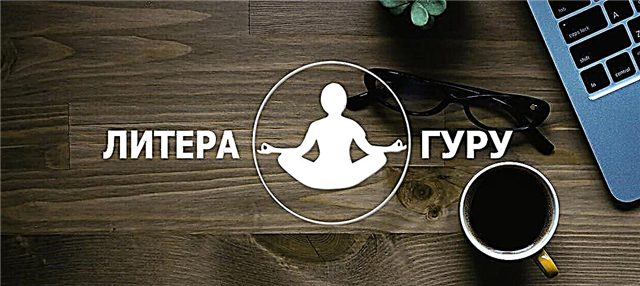
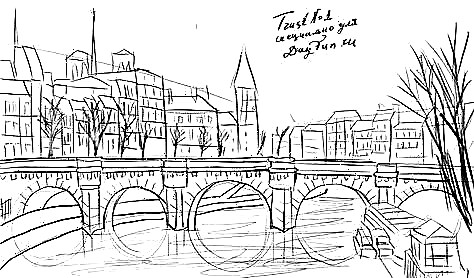
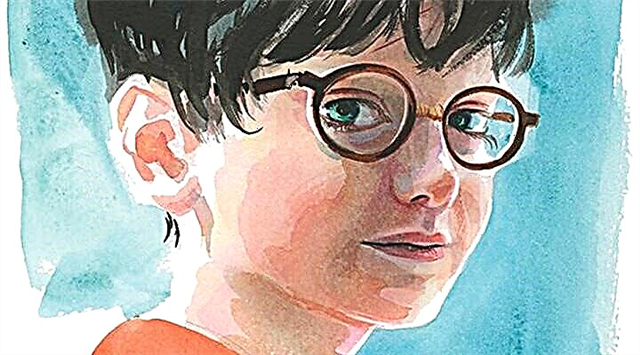
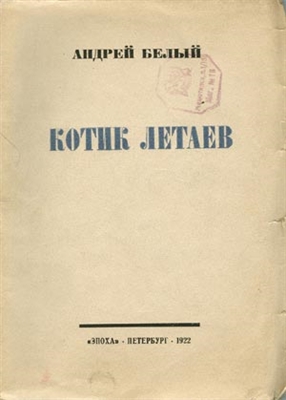
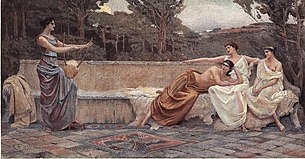
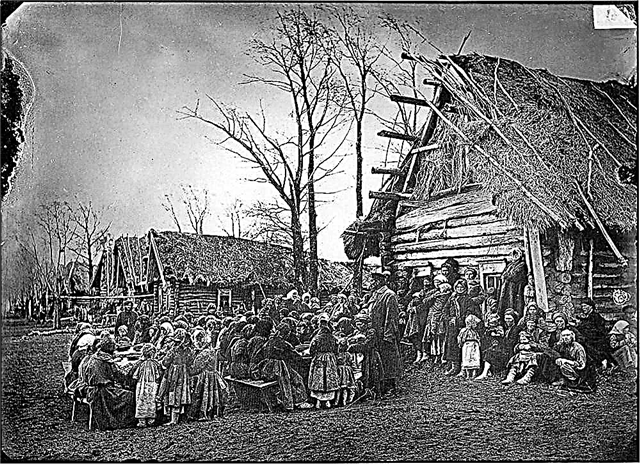
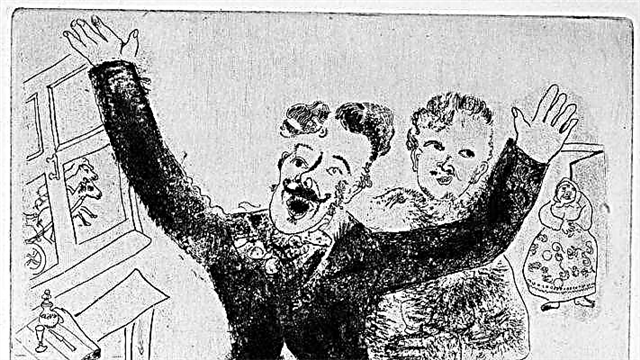
 Created for sale
Created for sale